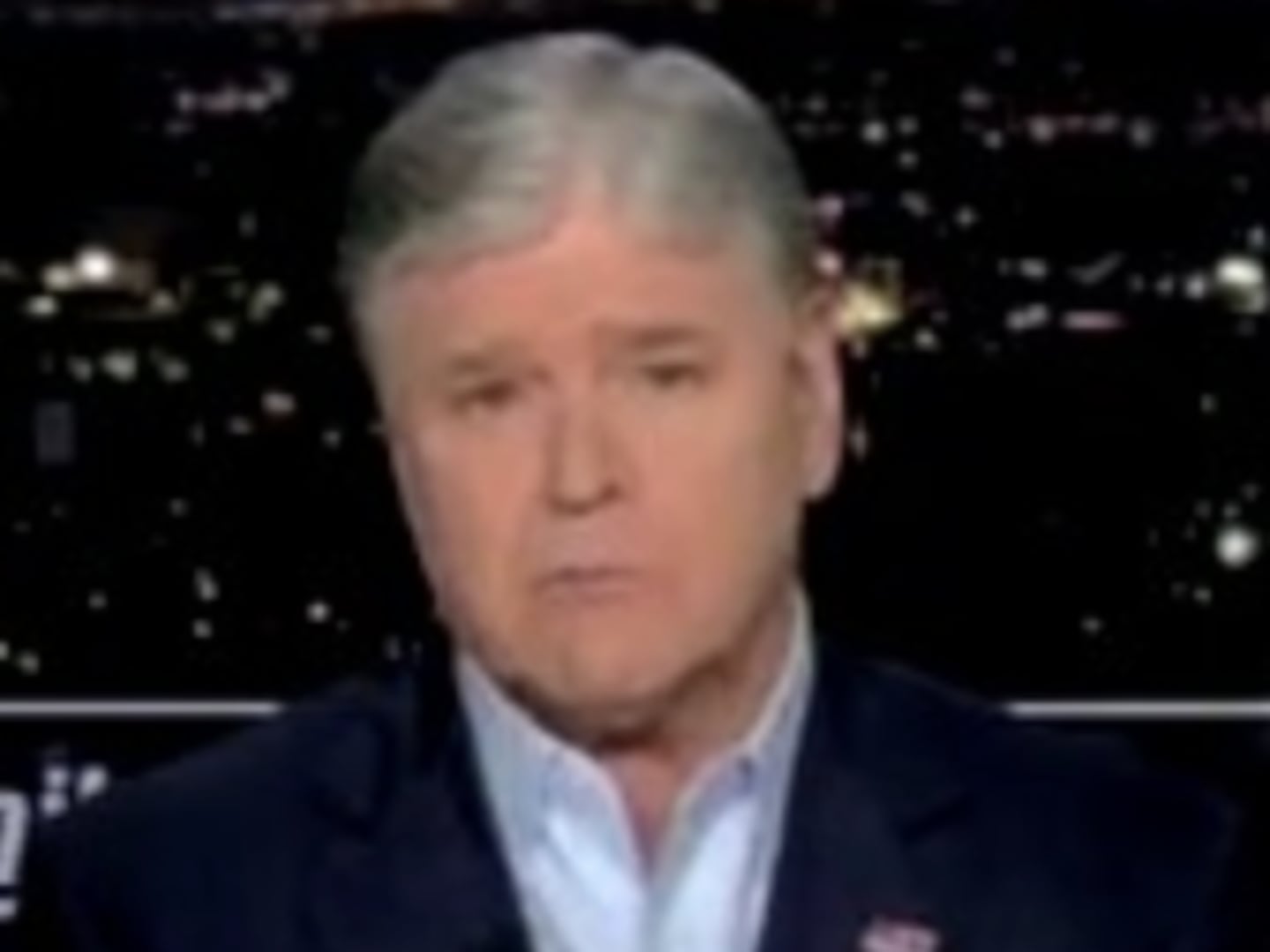
Let's get one thing out of the way— The Social Network is a compelling movie that maintains a taut sense of drama from its opening moments to the final scene.
But, like most movies drawn from actual events, it is a pastiche—an amalgam of fact and fiction, based upon the partly made-up book Accidental Billionaires, by Ben Mezrich.
I spent a year and a half studying the real story in researching my recent nonfiction book The Facebook Effect: The Inside Story of the Company That Is Connecting the World. I repeatedly interviewed Facebook founder Zuckerberg, his co-founders, and his friends, along with scores of Facebook executives, and studied all the documents I could get my hands on. I tried to uncover the real history of Facebook. So here's a look at what's true and false in The Social Network.
Note: This article will reveal plot details. (Another note: After The Social Network producer Scott Rudin acquired the rights to Accidental Billionaires in the summer of 2008, he asked me to consult for the movie. But my book project depended on extensive access to Facebook employees, and executives there felt the Mezrich book was hostile and inaccurate. They did not want me to work with the movie, and I didn't.)
Jesse Eisenberg plays Zuckerberg as an angry, insecure but cocky young jerk whose creation of the service initially called Thefacebook was motivated in large part by a desire to win the attention of a former girlfriend.
In fact, Zuckerberg is one of the least angry people I've ever met. He is even-tempered, generally upbeat, if prone to silence, and highly self-confident.
Zuckerberg may be the least angry person I've ever met.
The film begins with Zuckerberg talking to girlfriend Erica Albright at a restaurant. He is obsessed with getting into one of the elite "final clubs" at Harvard. "I need to do something substantial to get the attention of the clubs," he tells her, urgently. But by all accounts in my reporting, Zuckerberg was uninterested in the clubs. Instead, he had concluded that sharing and transparency would redefine the Internet and was determined to experiment with software that exemplified his ideas. He also wanted to respond to widespread student dissatisfaction that Harvard had not put online its paper "facebook," with photos of freshmen.
• Live Chat: What's True in The Social Network• Gordon Crovitz: The More Exciting Story of Facebook (WSJ)• Nicole LaPorte: Silicon Valley Snubs Social Network• Full coverage and reviews of The Social Network After the movie-version Zuckerberg acts patently insensitive, Albright breaks up with him, calling him an "asshole." The movie shows him repeatedly seeking to get back into her good graces. Its final scene shows a pathetic, solitary Zuckerberg, isolated and alone, forlornly sending a Facebook "friend request" to Albright. In fact, Zuckerberg was seldom without a girlfriend even before Thefacebook. And shortly before Thefacebook launched, the real-life Zuckerberg began seriously dating a girlfriend, Priscilla Chan, with whom he lives today. He was with her during almost all the events portrayed in the movie.
Though the movie includes a character named "Dustin Moskovitz," it almost completely omits his critical role in building and growing Thefacebook. Zuckerberg told me that without Moskovitz's dogged commitment, Thefacebook would probably have waned. His real-life role was not as dramatic as Zuckerberg's, but Moskovitz was vastly more important to the company's real success, even before it moved to Palo Alto, than additional co-founder Eduardo Saverin, who wins a major role in the story because after he was kicked out of the company, he sued.
Sean Parker, another major character from Facebook's early days, is portrayed by Justin Timberlake in the movie as snide, arrogant, and mean. The real Sean Parker (who I profiled for the September issue of Vanity Fair) is certainly high-strung. But nobody would ever call him mean.
The movie's portrayal of the critical role Parker played in Facebook's early evolution, however, is consistent with how it happened.
From the first time he saw it, Parker in some ways understood the potential of Thefacebook better than Zuckerberg. He may not really have brought bong-toking teenagers into the company house while Zuckerberg and Moskovitz were coding, as the movie has him do, but he served as a critical adviser to the boys, particularly on finance and company structure. Parker's biggest contribution is not shown—he negotiated with the financiers to guarantee they could never take the company away from Zuckerberg. That provision—which resulted in the founder controlling three of five Facebook board seats—remains to this day. For all his contributions, it's also true that Parker got arrested for cocaine when he was with an underaged employee of Thefacebook, and shortly thereafter left the company.
Eduardo Saverin was Zuckerberg's close friend, as the movie notes. His portrayal by Andrew Garfield appears the most accurate of the central characters. (This isn't surprising, since he cooperated closely with Mezrich on Accidental Billionaires.) The movie correctly shows that Saverin made a serious mistake not moving out to Palo Alto along with Zuckerberg and Moskovitz, despite their repeated urgings. He never believed sufficiently in Thefacebook, as it was then called. He paid a price when he was pushed out of the company and saw his ownership radically reduced. But it wasn't in the end that high a price, because in a later settlement he got enough stock to give him about 5 percent of the company today, worth about $1.4 billion. (The movie omits this.) Saverin, whose commitment to Thefacebook lasted no longer than six months, is the only true accidental billionaire.
It's also true, as the movie has it, that Saverin initially invested $1,000 of his own money. But the film implies that all the funding during Thefacebook's first months came out of Saverin's pocket. In fact, Zuckerberg, too, put in lots of cash. Angry that he was being pushed out, Saverin froze Thefacebook's bank account, as the movie correctly portrays.
Saverin did advocate putting lots of ads on Thefacebook to "monetize" it, and this was a major point of conflict between him and Zuckerberg, as the movie makes clear. The young CEO always felt it was better to avoid offending users with intrusive advertising, the better to expand the service quickly and add even more users. He still feels that way.
What about the role of the must-have-been-made-up-but-in-fact-weren't Winklevoss brothers—identical-twin super-athletes who towered over the diminutive Zuckerberg and hired him to write software for a social network they had wanted to build called Harvard Connection? With their friend Divya Narendra, they did have an idea, did hire Zuckerberg, and did later sue him. Were they as important as the movie makes them out to be? No. My reporting led me to conclude they had little to do with the story of Facebook.
In fact, the Winklevoss-Narendra team had few if any original ideas about how to make a college-based social network. The movie Zuckerberg rightly points out that their idea didn't sound much different from Friendster and MySpace, then making big waves.
One of the twins appears to impress him by saying what will make Harvard Connection unique is a requirement members use Harvard.edu email addresses. While this might have seemed original to the twins and Narendra, in fact a service called Club Nexus began operating at Stanford University two years earlier using that very approach, and similar services were either in operation or about to be launched that year at Columbia, Yale, and Baylor University, among others.
But while he didn't steal their ideas, it seems likely Zuckerberg deliberately misled the Winklevosses and Narendra about his intentions. He later said, as the movie notes, that he quickly realized their ideas were half-baked and impractical. But he didn't tell them that for months, and then only when the launch of his own site was imminent. Zuckerberg appears to have deliberately led them on, apparently to delay their own potentially competitive project. Instant messages involving Zuckerberg which have surfaced since I completed my book and which he does not disavow buttress this conclusion.
For all that, the movie contains numerous accurate details that are so bizarre one might wrongly assume them to be Hollywood fabrications. The cocky Winklevoss twins really were good enough to compete in the Olympics, and rich enough to do whatever they wanted. They did just call up their father's corporate lawyer to have him help them complain about Zuckerberg supposedly stealing their idea. And Zuckerberg and his friends did routinely refer to their nemeses as "the Winklevii."
Zuckerberg did wear Adidas sandals all the time, even in winter. There really was a zip line from the chimney on the house in Palo Alto that enabled the guys to fly into the pool. The house was damaged by this and related shenanigans. Zuckerberg did later have a business card which read "I'm CEO... bitch." And, prompted by Parker, he did (with a friend) arrive in his pajamas to make a fake pitch to the venture-capital firm Sequoia Capital (whose name is, for some reason, not used in the movie). Parker was angry at Sequoia's Michael Moritz for having helped eject him from his previous company Plaxo. However, Zuckerberg never openly insulted the venture capitalists, as Parker instructs him to do in the movie. (What Zuckerberg really did is even more audacious than the movie version.)
A good portion of the movie takes place in conference rooms where lawyers are deposing Zuckerberg as a witness in the two real lawsuits filed by the twins and their partner Divya Narendra, and by Eduardo Saverin. Much of the language is taken verbatim from legal transcripts, though Zuckerberg's snide put-downs of the lawyers, the twins, and Saverin are largely invented and uncharacteristic. Emails from Zuckerberg that the Winklevoss-Narendra lawyer reads aloud are genuine.
But there's no evidence Zuckerberg ever had groupies, or had sex in a bathroom stall. There was a contest to select company interns, but there was no drinking involved.
And while it's not true, as depicted in the movie, that 650 people joined Thefacebook on its first day, that number had in fact joined by the fourth day—and Facebook's near-exponential growth has not stopped since.
Chat live with The Daily Beast’s David Kirkpatrick, author of The Facebook Effect: The Inside Story of the Company That Is Connecting the World, this Monday afternoon at 12:30 EST to figure out what's fact—and what's fiction—in the hit movie The Social Network.
David Kirkpatrick writes about technology for The Daily Beast. A former Fortune reporter, he is the author of The Facebook Effect: The Inside Story of the Company That Is Connecting the World.






